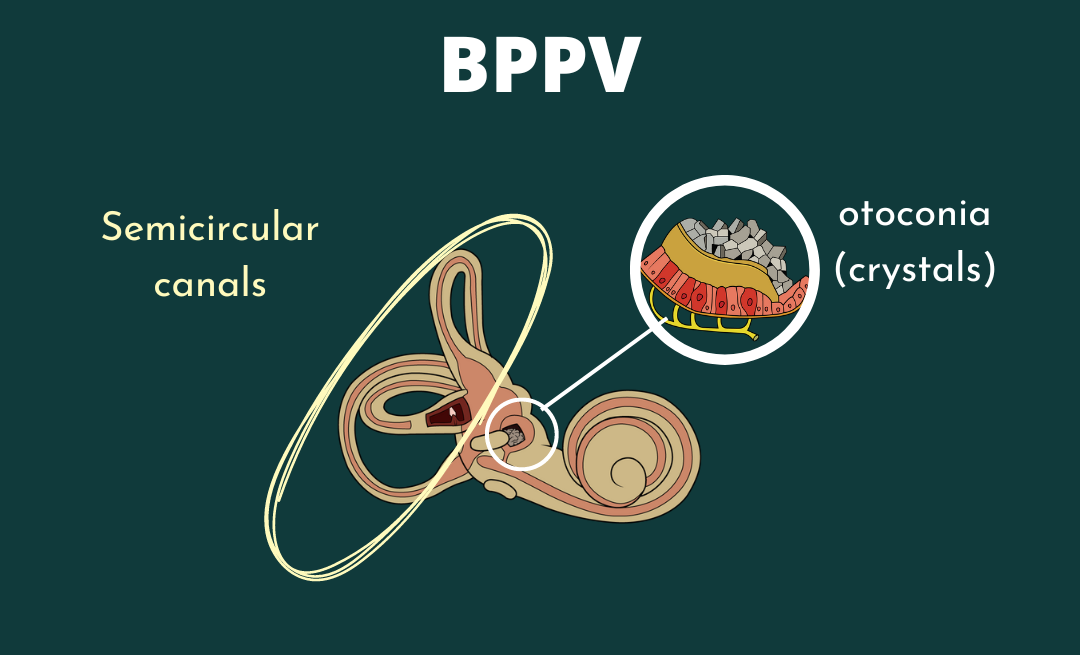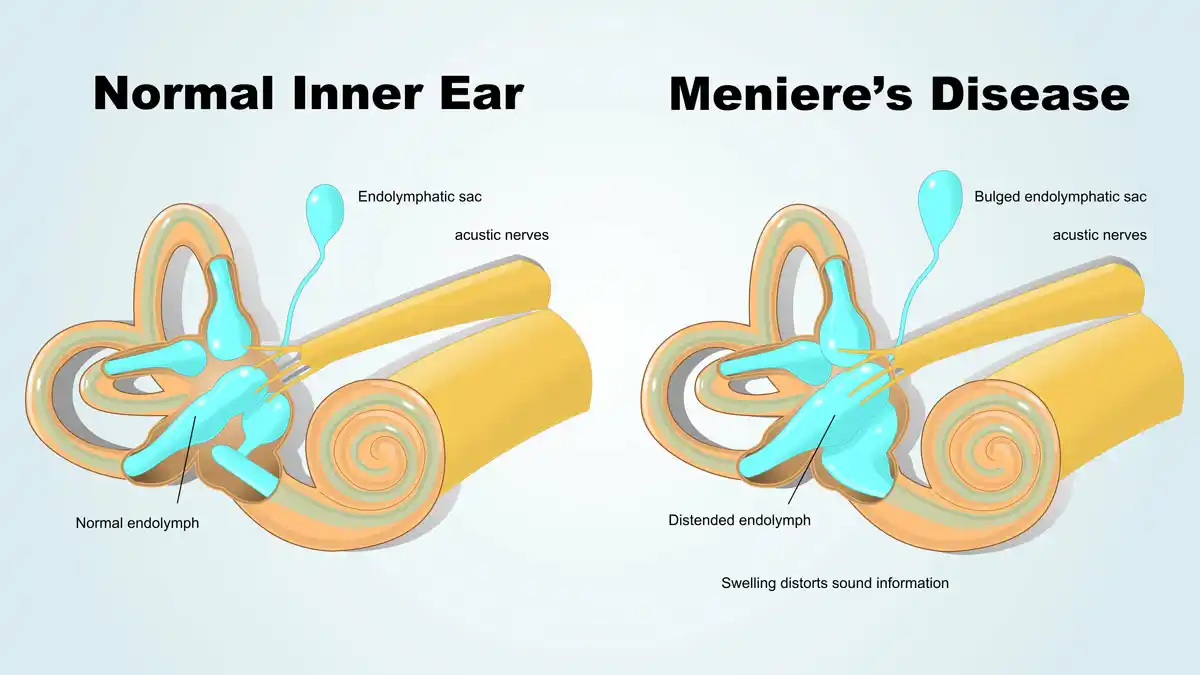Living with a vestibular disorder can be life-altering and extremely challenging. There are so many steps that you can take to get better, but it can be overwhelming where to start. A good place to begin is by incorporating small, yet impactful lifestyle changes that can make a great difference in your symptoms. It is the foundation on which all health is built on, whether people are looking to lose weight, have more energy, or get stronger. Those changes revolve around diet and lifestyle adjustments.
Diet
The goal of healthy eating is to fuel our bodies to function at an optimal level. Certain foods can support strong nerve cells, manage blood sugar levels, and help fight against inflammation. All of these things can impact dizziness and vestibular function. When cells and nerves are not functioning properly, it can exacerbate symptoms.
While the health world has many ideas of how people should be eating, it can be extremely confusing. There are hundreds of different diets, and none of them are a one size fits all situation. To begin on your journey of eating healthy, keep it simple. Eat whole foods. This means avoiding processed foods. When grocery shopping, the majority of your food should come from the outside sections of the store, and avoiding the middle sections. Eating high quality protein, vegetables, fruits, dairy, and whole grains can make a huge impact on your health.
The general rule of thumb is to eat protein, fiber, and fat with every meal. This helps regulate blood sugar and transform food into nutrients that the body needs to function. Eating this way helps balance hormones, build muscle, and boost energy. When we fuel ourselves properly, the body and brain can function optimally, reducing dizziness and making us overall healthier.
If you’re interested or feel like you need extra help, you can look into the Heal Your Headache Diet, Anti-inflammatory Diet, and Low Histamine Diet. You may also want to work with a registered dietician to help you optimize your gut health! You can learn more about diet here.

Lifestyle Changes
Supplements:
Eating healthy is a great start, but the body and brain need extra support. Our food does not contain the nutrients we need. Many people find that they have low levels of certain vitamins and minerals that can affect their dizziness. That’s where supplements come in. Taking certain supplements to give you that extra boost you need can make a huge difference. Getting levels tested and talking to your doctor is the best way to determine what you need and should take. You can work with a functional medicine doctor to get an in-depth approach to all the micronutrients you might lack.
Movement:
Moving with dizziness can be hard, but it is essential to getting better. Getting in some sort of movement everyday is key to not only feeling better but also building trust in your body. Even without a vestibular disorder, exercise is an important part to becoming healthier. You can get in a walk, pilates, yoga, dance, or anything else that gets your body moving.
Strength training is a great place to start. By lifting weights, you improve your balance, muscle strength, bone density, and cognitive function. It also improves your mood, helps with sleep, and strengthens your vestibular system. Check out the workouts in VGF, designed to help you get movement in safely!

Sleep Hygiene:
Getting enough sleep is essential to reduce dizziness and getting healthier. We need sleep! During sleep is the time the brain repairs itself, clears out toxins, and build the immune system. It not only impacts your physical health, but mental health as well. You should establish a sleep schedule, going to sleep and waking up at the same time everyday. Aim for 7-8 hours of sleep a night. Some people need more!
Nervous System Regulation:
Dizziness can be very scary and when symptoms occur, it often sends our bodies into flight or fight mode. Living in survival mode for too long can cause serious health issues, and lower quality of life. We need to regulate our nervous systems to move out of this mode to manage physical symptoms and live a full life. By regulating our NS, we improve cognitive function, digestion, lower blood pressure, and stress less. This can be done through deep breathing, grounding, meditation, spending time outside, and mindfulness. Start with a breathing schedule, set a timer for every hour to deep breathe and notice yourself feeling calmer throughout the day!
It may seem like a lot, but focus on the basics- diet, supplements, movement, sleep, and nervous system regulation. By implementing these small changes into your daily routine, you can make a huge impact on your help and dizziness! Yes, implementing diet and lifestyle changes can help with your dizziness! To learn more and get support, click here!






